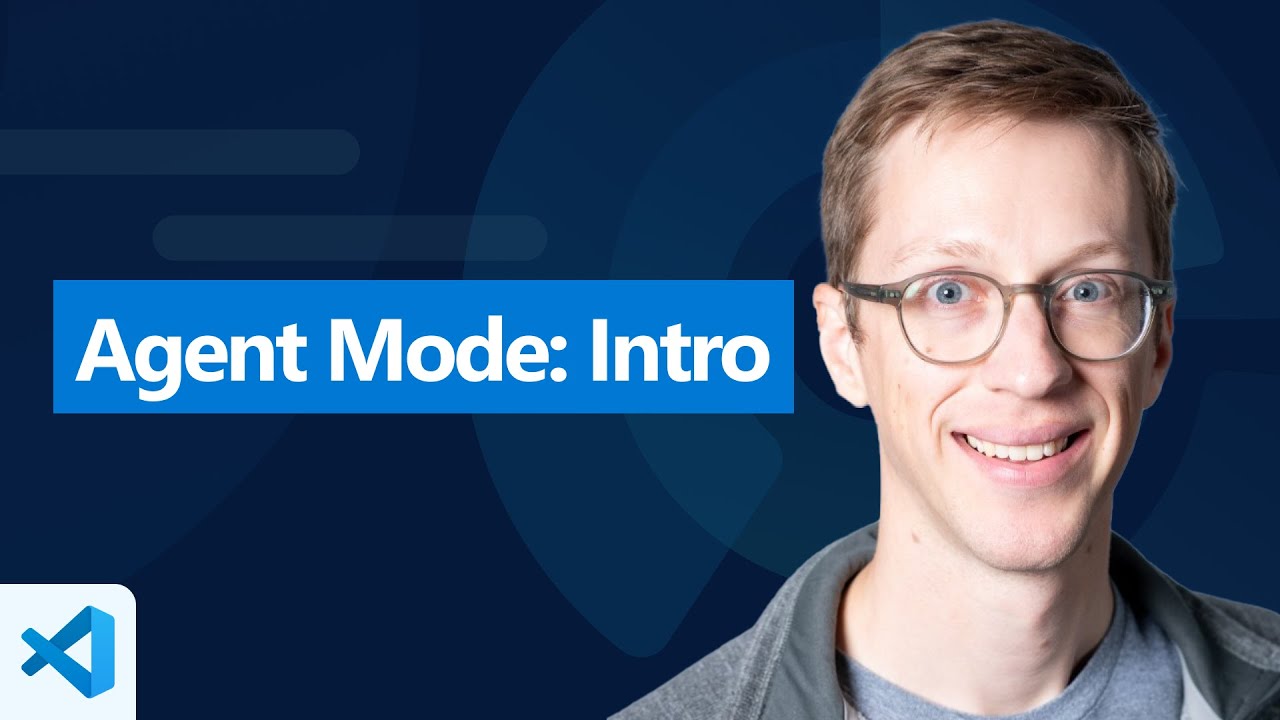The speaker demonstrates how to use Beat’s “agent mode” and “prompt snippets” features to efficiently build a weather forecast app, emphasizing the organization and reuse of prompt files stored in a GitHub repository. They showcase the process of creating, running, and managing prompt files to scaffold project structure, generate code, and streamline development with AI assistance, despite a minor setup delay.
The speaker begins by expressing their intention to build a weather forecast app using Beat, a development platform. They mention utilizing the “agent mode” feature to input queries and streamline the development process. Additionally, they highlight a newer feature called “prompt snippets,” which allows users to create, reuse, and share prompt files. These prompt files are stored in a specific directory within a GitHub repository, making them accessible for multiple projects and collaborators, serving as a form of documentation for how prompts are constructed.
They demonstrate how to create a prompt file by navigating to the “add context and prompt” section and saving prompts under the designated folder. The speaker emphasizes the utility of these prompt files, especially when starting new projects, as they help organize and document the prompts used. They show an existing prompt file with basic rules for their weather app, which includes instructions like creating a reactive Vue 3 app and integrating with the OpenWeatherMap API to search for city weather data.
The speaker then proceeds to run the prompt file, noting that they haven’t used prompt files before, which makes the process engaging. They clarify that prompt files are named in a specific way, such as “prompt.md,” and stored in the prompts directory. This naming convention activates special language features within the prompt, enabling advanced functionalities like adding context or tools. The platform then executes the prompt, scaffolding the project structure and filling in necessary files based on the instructions within the prompt file.
As the process continues, the platform displays real-time updates, showing the files being generated or modified. The speaker points out that users can view individual diffs of changes made to each file, which helps in tracking progress and debugging. They mention that the platform can autofix issues, such as lint errors, during the editing process, making development smoother. The use of GPT-4.1, a new model, is highlighted as part of the process, providing advanced AI assistance to generate and refine code.
Finally, the speaker encounters a minor hiccup related to setting up an API key, which is necessary for the weather app to function. They acknowledge the need for some offscreen steps to complete this setup, such as entering the API key securely. Despite the technical delay, they appreciate the speed and efficiency of the platform, noting that the process is fast and helpful. The session illustrates how prompt snippets and agent mode can facilitate rapid, organized, and collaborative app development using AI-powered tools.
